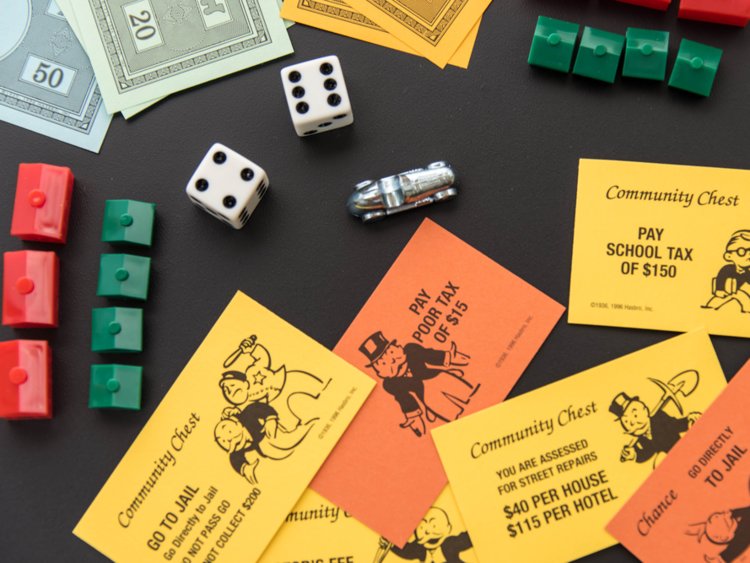
The Game of Monopoly
If you remember playing Monopoly as a child, you are already familiar with some financial lessons, even if you are not consciously aware of them.
Let us put things in perspective and decipher the many academic lessons the game has to offer, including investing, saving, budgeting, and financial planning.
Lessons Learned from Monopoly:
- Passive income is essential to enhance wealth. Passive income is an inflow of money on a regular basis, an inflow that requires minimal effort to maintain. Similar to how renting out houses and hotels in Monopoly generates wealth for players, passive income in real life is created through rented properties, dividends on stocks or bonds, and other investments.
- An emergency fund is essential to tackle unexpected crises. Mortgaging and selling your properties to pay off loans in Monopoly? In real life, an individual might actually incur a loss in wealth if he has to sell his assets for every minor inconvenience. An Emergency fund is needed to side-step such losses.
- Upgrade your assets. In Monopoly, setting up a house offers more returns than keeping an empty land, while upgrading it to a hotel offers even more inflows. Similarly, in the real world, upgrading your assets can generate a larger income for you. Renting out a furnished house would generate more inflows than an unfurnished one. In short, reinvesting in your assets enhances your income.
Lessons to unlearn:
While the game has certainly taught us some valuable lessons, not all of them are worth remembering. Here are some takeaways from Monopoly that do not apply to the real word:
- Expensive assets give higher returns
- Money is a fix for all your problems
- Everyone follows a defined set of rules
- Life ends after bankruptcy




